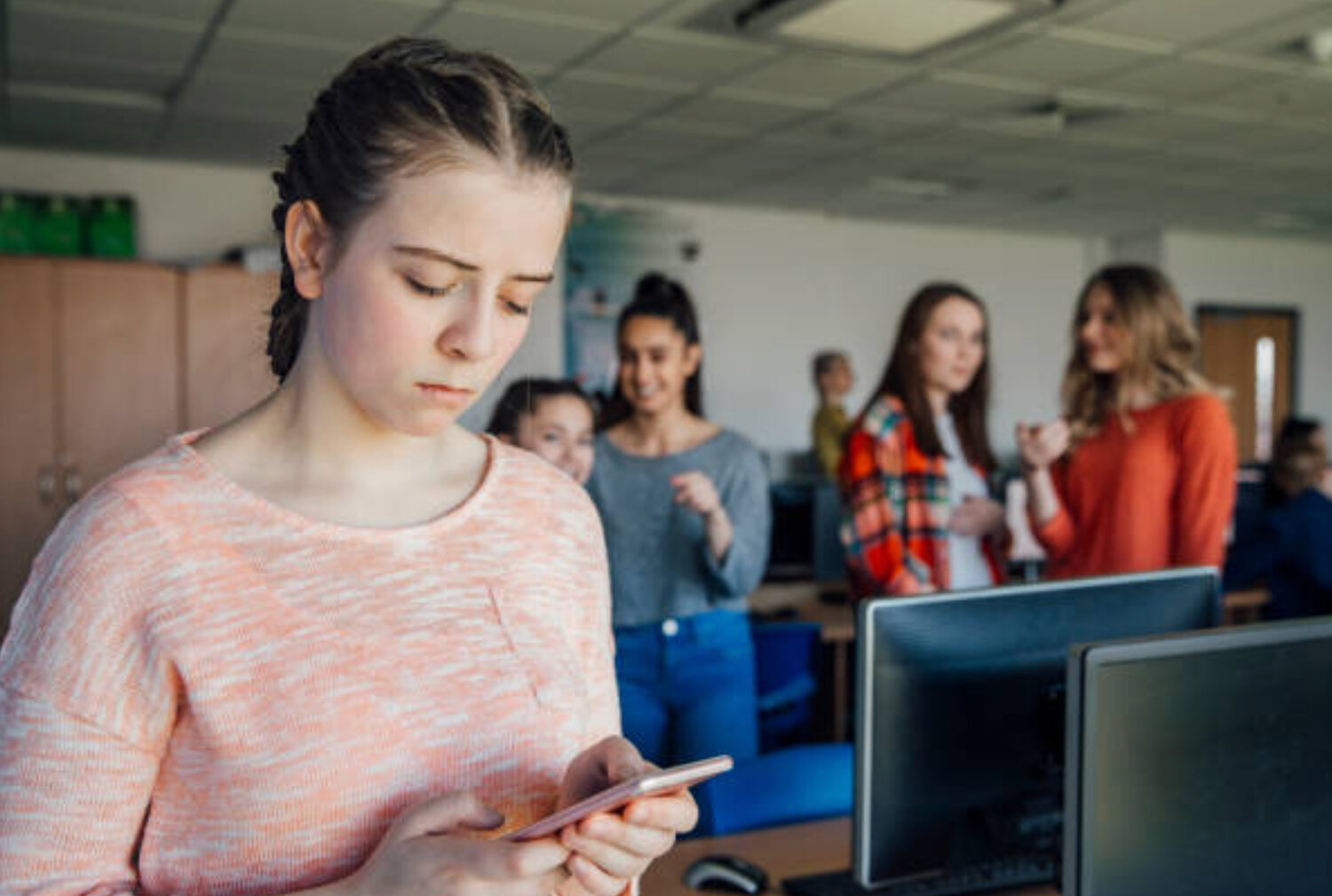Will governor put cellphone use on hold?
Gov. Kathy Hochul is considering a legislative proposal to limit or ban cellphone use in schools across New York, a move that has sparked widespread debate among parents, educators and school administrators. The governor, who has been on a listening tour this summer, recently indicated that she has gathered enough information to move forward with the idea. While the proposal is still in its early stages, Hochul said she hopes to introduce a bill in the next legislative session, beginning in January.
The challenge is how to balance reduced distractions in the classroom with the need for parents to communicate with their children during the school day. Hochul has suggested that one possible solution could be to allow students to carry simple phones that can’t access the internet but do have texting capabilities. This is seen as a compromise between educators, who argue that cellphones are a significant distraction, and parents, who worry about being able to contact their children in emergencies.
In an email to the Herald, Hochul’s office referenced a roundtable in Yonkers on Aug. 5, when she stressed that while she is considering legislative action, she wants to make sure the issue is addressed carefully.
“It would take from now until the next session in January to be able to talk about this in any way,” Hochul said in the email. “We looked into Executive Orders, but the most effective and proper way to do this is through legislation.”
According to a recent Pew Research study, more than 70 percent of high school teachers nationwide described cellphone distraction as a “major problem” in classrooms. National data from the 2019-20 school year shows that 76.9 percent of school districts prohibited nonacademic cellphone use during school hours.
“We feel that students have cooperated with the directives given,” Rianna said. “We’re looking forward to ensuring that this continues, and we await any further directives from the governor should that occur.”
In a Herald Facebook survey, Alexandra Martinez, a high school teacher and mother, expressed her concerns about the negative effects of cellphones on learning and student behavior. Martinez highlighted the distractions caused by phones and the problem of online bullying, which often spills over into the classroom.
“I see the negative impact cellphones have on student learning and attention daily,” Martinez said. “It’s not just that they can’t focus during class, it’s the relentless online bullying. Kids feel freer to be meaner online than they would in person. Administration spends most of their day tracking down the source of mean messages instead of focusing on learning and other worthwhile endeavors.”
Martinez also noted that while many parents feel the need to reach their children during the school day, most schools have landline phones in classrooms, which can be used in emergencies. In her view, the presence of cellphones often complicates emergency situations rather than resolving them.
“We are responsible for your child during the day and take that very seriously,” Martinez said. “Cellphones should absolutely be banned in schools.”
Another parent, who identified herself on Facebook as Tanesha Sprinkled Sweet, said she believed cellphones play a critical role in keeping children safe during emergencies. She argued that in cases of school shootings or violence, cellphones have often been the only way children have been able to contact their families or emergency services.
“In so many instances during active shooter situations, children were able to hide in other classrooms and bathrooms to call 911 or their families,” Sweet commented. “For some, it was the last time they heard their child’s voice. For others, it helped locate their child and even gave police inside information to find the shooter.”







